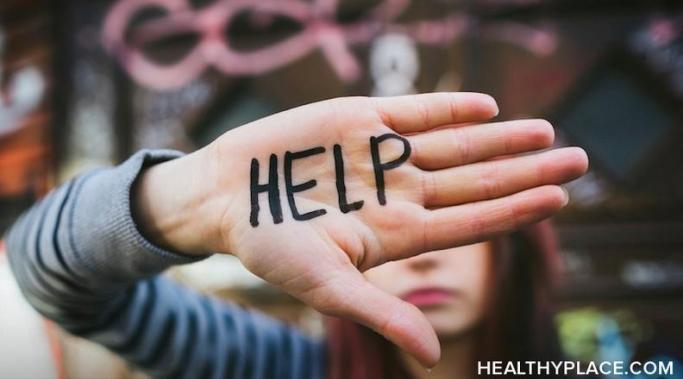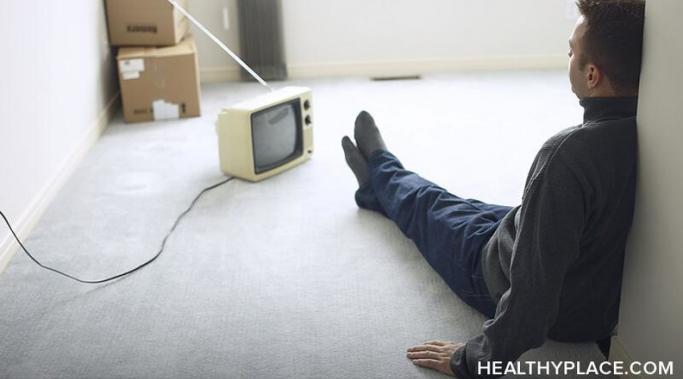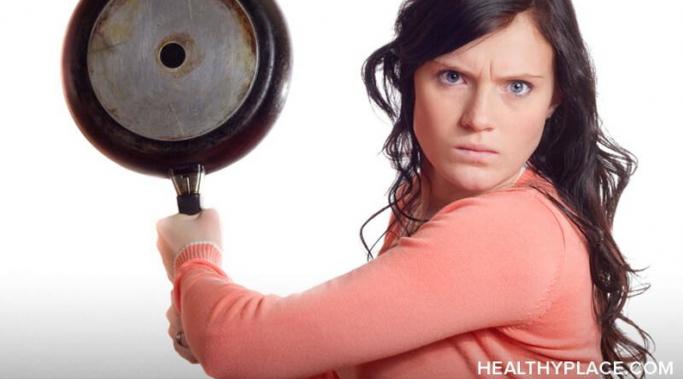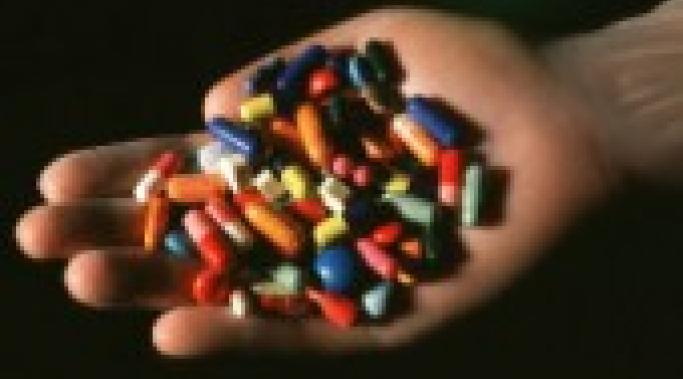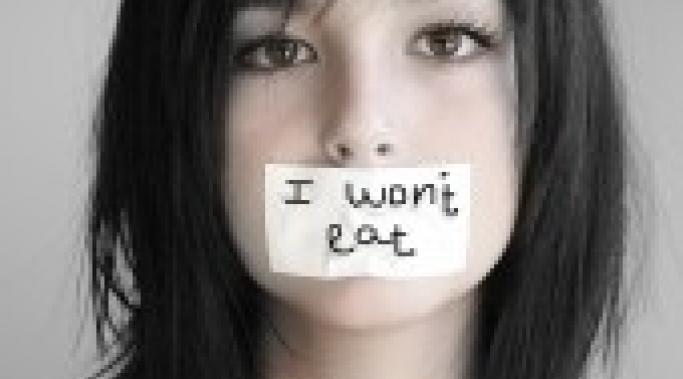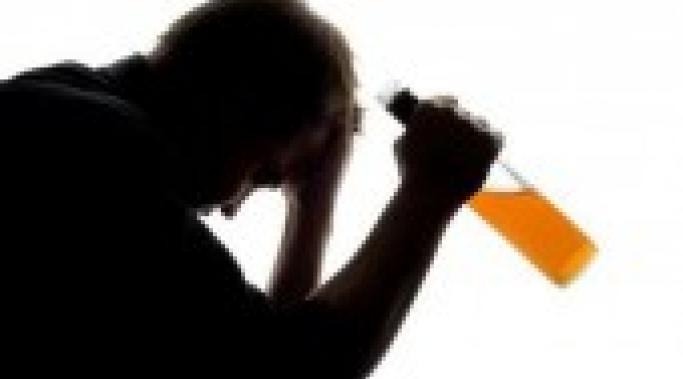When you were first diagnosed with a mental illness, you were probably pretty confused. Life became sort of foreign. Sometimes, the past felt like a preferable place to be, even if we were sick. After all, we didn't always know we were ill. But after we come to a place of acceptance, we learn a few things and one of them is understanding signs of a mental health relapse.
Recovery Issues
The title of this blog probably does not come as a surprise: When your mind shuts down your body reacts as well. It is not a positive reaction. It is directly connected to our brain chemistry. The neurons that are not acting as they should--a chemical imbalance. Simple, Right?
I could present you with thousands of research papers on this topic. All of them usually mention artists such as Van Gogh and writers like Sylvia Plath.
When you are first diagnosed with a mental illness, your life screeches to a halt--whether it has been moving too quickly or not fast enough, everything suddenly changes. Everything.
Living with a mental illness isolates us because it can make us feel as if we don't measure up to other people. To people we do not know but wish to know. Or to people we know well. Mental illness can create an isolating and lonely life, void of friendship, of meaningful relationships.
I'm easily irritated right now. I'm easily irritated by the noise, the dog drool, and the pissy cat. Yes, I have a mental illness or two, but I'm not irritated because I'm mentally ill. But I am irritated, okay? And again, not because I live with a mental illness!
This is pretty straight forward-I think."The Pink Elephant" can represent our mental illness. Nobody can see it, but we know that it's there.
Can You Define The Meaning of the "Pink Elephant?"
When you are diagnosed with a mental illness one of the first things you are told is that you need mediation in order to become well. And this is true--particularly with the diagnosis of chronic mental illness-- but medication does not ensure stability. It would certainly be nice if it did.
Coming to the Conclusion That Psychiatric Medication Cannot 'Cure' Mental Illness
Last week, I wrote a blog focusing on the connection between mental illness and addiction. I defined "dual diagnosis," a term focusing on a person living with a mental illness and an alcohol or drug problem. In this post, let's talk about mental illness and disordered eating.
Mental illness is a difficult thing to live with. Sometimes, it feels impossible. To make things even more complicated, the diagnosis of mental illness often comes with "dual diagnosis", a fancy term for living with more than one illness.
Part I of this blog will focus on addiction and Part II, later this week, will focus on eating disorders and anxiety disorders.
